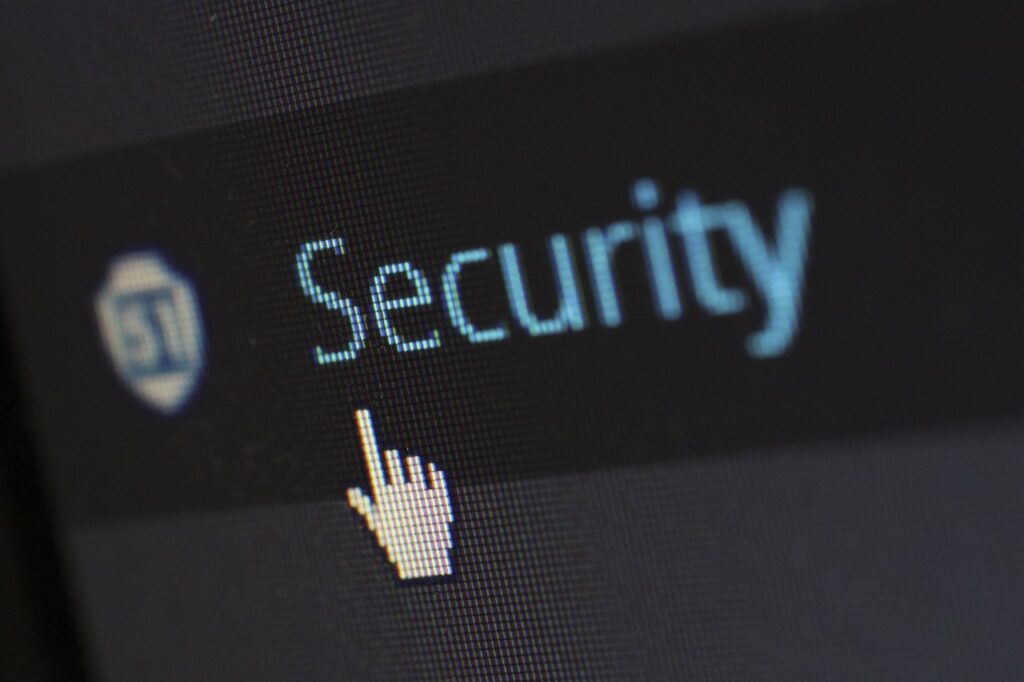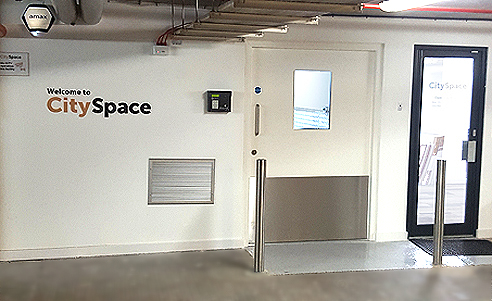In the world of event management, the safety and security of attendees, staff, and performers are paramount. Implementing a comprehensive venue security strategy is crucial for the success of any event. This strategy not only ensures the physical safety of all involved but also enhances the overall event experience, creating an environment where attendees can enjoy themselves without concern.
Risk Assessment: The First Step in Security Planning
Effective venue security begins with a thorough risk assessment. This involves identifying potential security threats and vulnerabilities specific to the event and the venue. Factors such as the size of the audience, the nature of the event, and the layout of the venue all play a crucial role in determining the appropriate security measures.
Incorporating advanced security technologies is essential in modern venue security. Surveillance systems, metal detectors, and access control systems are some of the tools used to monitor and manage large crowds effectively. These technologies aid in preventing unauthorized access and identifying potential threats quickly.
Training and Preparedness: Key to Effective Response
Training staff and security personnel is vital in ensuring a swift and effective response to any security incidents. This includes emergency evacuation procedures, crowd management techniques, and first aid. Prepared staff are better equipped to handle various scenarios, from minor disturbances to major emergencies.
Collaboration with Local Authorities
Working closely with local law enforcement and emergency services is another critical aspect of venue security. This collaboration ensures that there is additional support in case of significant incidents and that all safety protocols are in line with local regulations and standards.

The Role of Cybersecurity in Venue Security
With the increasing reliance on digital systems for event management, cybersecurity has become an integral part of venue security. Protecting attendee data, financial transactions, and other sensitive information from cyber threats is essential. Robust cybersecurity measures include secure networks, data encryption, and regular security audits.
Crowd Control and Safety
Effective crowd control is crucial for the safety and security of large events. This involves strategic placement of barriers, clear signage for exits and emergency routes, and well-trained staff to guide attendees. Managing the flow of people effectively reduces the risk of overcrowding and ensures a smooth evacuation in case of emergencies.
Each event has unique security needs, making customised security solutions essential. Tailoring security plans to suit the specific requirements of an event ensures comprehensive coverage and effective management of potential risks.
Ongoing Evaluation and Improvement
Continuous evaluation and improvement of security measures are vital for maintaining high standards of safety. Post-event reviews, feedback from staff and attendees, and staying updated with the latest security trends help in refining and enhancing venue security strategies.
Advanced Security Protocols for Large-Scale Events
When managing large-scale events, the complexity of security challenges increases significantly. Advanced security protocols, tailored to handle the magnitude and specifics of such events, are essential in mitigating risks and ensuring the safety of everyone involved.
Modern events often employ high-tech surveillance systems, including CCTV with facial recognition capabilities and drone surveillance. These systems provide a comprehensive view of the event space, enabling security teams to monitor and respond to incidents swiftly. The use of drones, in particular, is becoming increasingly popular for their ability to provide aerial views and monitor hard-to-reach areas.
Implementing Effective Access Control Measures
Effective access control is pivotal in managing entry points at large events. This includes the use of electronic ticketing systems, RFID wristbands, and biometric verification. Such measures not only streamline entry processes but also prevent ticket fraud and unauthorised access. For more insights on effective access control, the Event Manager Blog offers valuable resources and case studies.

Prioritising Staff Training and Coordination
A well-trained and coordinated security team is the backbone of effective venue security. Regular training sessions in emergency response, crowd control, and communication are crucial. Moreover, coordination between different teams (security, medical, logistics) through efficient communication channels ensures a unified response to any situation.
Emergency Preparedness and Response Planning
Emergency preparedness is a critical aspect of venue security, especially for large-scale events where the potential impact of incidents is higher. This involves having a well-defined emergency response plan, clear evacuation routes, and regular drills. Resources such as Gov.uk’s Guide on Preparing for Emergencies provide valuable information on emergency preparedness.
Incorporating Crowd Psychology into Security Planning
Understanding crowd psychology plays a significant role in effective security planning. It involves anticipating how large groups of people are likely to behave in different situations and using this knowledge to design crowd control measures. The UK Crowd Management Association offers insights into crowd psychology and management best practices.
Post-event analysis and feedback are integral to the continuous improvement of venue security. This includes reviewing surveillance footage, gathering feedback from staff and attendees, and analysing any incidents that occurred. Such reviews help in identifying areas for improvement and in updating security protocols for future events.
Integrating Sustainability in Security Measures
Sustainability is becoming increasingly important in event management, including security planning. This involves adopting eco-friendly practices, such as using sustainable materials for barriers and signage and ensuring that security measures do not negatively impact the environment. Resources like Julie’s Bicycle, a UK-based charity that supports the creative community to act on climate change, provide guidelines for sustainable event management.
FAQs
High-profile events require additional layers of security, including background checks, specialised security teams, and enhanced surveillance measures. Coordination with VIP protection services and adherence to strict access control protocols are also essential.
Venue security includes comprehensive medical plans, with on-site medical staff, well-equipped first aid stations, and clear procedures for emergency medical response.
Digital security involves protecting online ticketing systems, attendee data, and financial transactions. This is achieved through secure networks, encryption, and continuous monitoring for any cyber threats.





